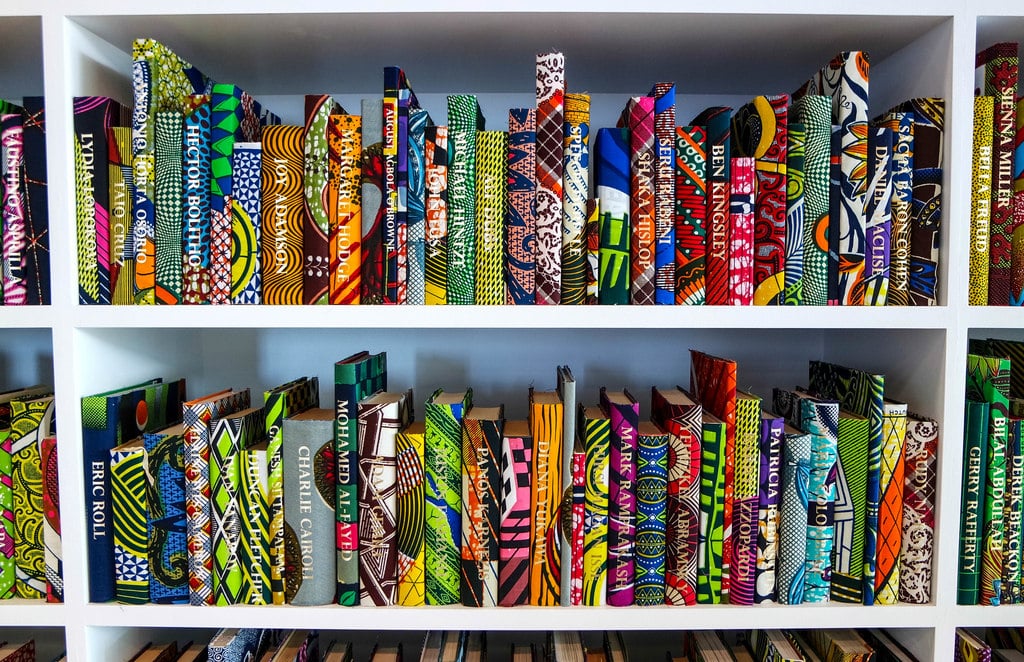Workshops in June and July 2021 on how artists practice can help with the work of decolonising UK museums and collections

Artists decolonise museums built on research and action for systemic change in how we can address the colonial legacy in UK museums, collections, and archives. The workshops explored the potential of artists to find new ways to circumvent the entrenched systems of power that prevent access to museum collections through their research, projects and residencies. The ongoing project seeks solutions in the structures of these institutions, not through programmes which are already fit within existing patterns and behaviours.
This programme follows on from Artquest’s Artist Researcher: artists and museums working together event in June 2019. All sessions were held under Chatham House rule.
Drawing on formal and informal alliances of museum professionals, artists, and arts administrators already engaged in this work, these 4 workshops explored fundamental questions.
Question 1: Can institutions voluntarily cede power?
Built and sustained by systems of entrenched power, with collections often amassed as a result of colonial plunder or exploitative practices, could a museum voluntarily cede power over the interpretation or ownership of its collections? Although artists can gain limited access via research and residencies, their projects remain under-resourced and temporary, taking place as public programmes instead of strategic interventions. Such public programmes risk merely burnishing institutional credentials and performing action without seeking meaningful change. Research in the Panic! Social Class, Tastes and Inequalities in the Creative Industries report suggests that senior staff in the arts and culture, those most able to effect change in systems of power, are also most likely to believe that culture operates as a meritocracy and that the issues of inequality and social injustice faced by arts and culture workers are irrelevant.
If power has to be taken back, how can an asymmetric system working to sustain itself best be challenged?
Question 2: How do you work with a system that tries to keep you out?
Access to collections in storage, where much challenging material remains, is generally restricted to specialists who already operate within these same self-sustaining power systems. Bureaucracy and conservation controls generate additional barriers, mandating educational attainment often out of reach to people from lower-income backgrounds or minority ethnic groups, those with the most to gain from telling new stories from objects. Power structures inside the museum are reinforced by those without.
Might artists have methods and access to institutions that allow them to tell new histories? How can they do so in an environment that keeps them under-resourced?
Question 3: Who tells these histories?
Increasing and ongoing instrumentalisation of the arts and culture in a society moving to the right puts enormous pressure on people undertaking the work of decolonialisation. Ongoing ‘culture wars’ seek to reduce this nuanced work to vandalism of statues and the cancelling of white authors, parodying proposals and presenting such work as an attack rather than a completion of historical narratives. Emotional and financial pressures are at a high pitch amongst artists, and the pressure to conform to the power structures in order to progress a career can be immense. Artists are rarely, if ever, provided psychological or emotional support from the institutions who commission such taxing work. Although UK audiences are thought to be unreceptive to ideas that challenge a post-colonial narrative of moral authority and benevolence, research suggests otherwise. They too may experience emotional fallout when confronted with evidence of colonial-era crimes. Who helps with this wider social mending, and the healing required by artists as they uncover this evidence?
If this is everybody’s history, not just that of people of colour, immigrants, the working class, and LGBT+ people, how can we foster greater public engagement in these challenging areas, and who should do this work?
Question 4: What do we do now?
This final session reflected on the first 3 sessions as a starting point for action. Discussions included:
- Who museums are ultimately answerable to, and how audiences are more sophisticated than expected.
- How artists are used to bypassing permission or not doing what they’re told.
- Membership of an academic community qualifies a researcher to engage in a way different to general audiences.
- Barriers to access are ultimately financial and class-based – being able to afford higher education, having time for independent study, surviving on museum staff’s low pay. Qualifications means access, access means power.
- Building an ‘equitable symbiosis’ between museums and artists – rewriting policy, influencing education for curators, explaining artists IP and rights more clearly.
- How to dismantle one’s own perceptions about your own country and its crimes. Wellbeing when confronted by challenging colonial-era material.
- Maintaining an institutional memory about projects and work done, building a repository of processes and stories that last beyond individual staff members.
- Museum architectural superiority as a stage set up to emanate power.
- Interventions into HR and bureaucratic processes to encourage promotion of supportive staff.
- Reconsidering economies of care over conservation, honouring and reverencing objects in ways appropriate to the source community
